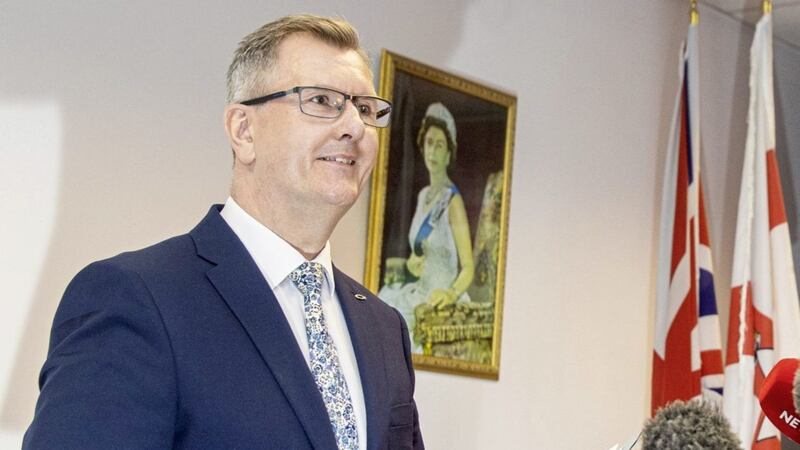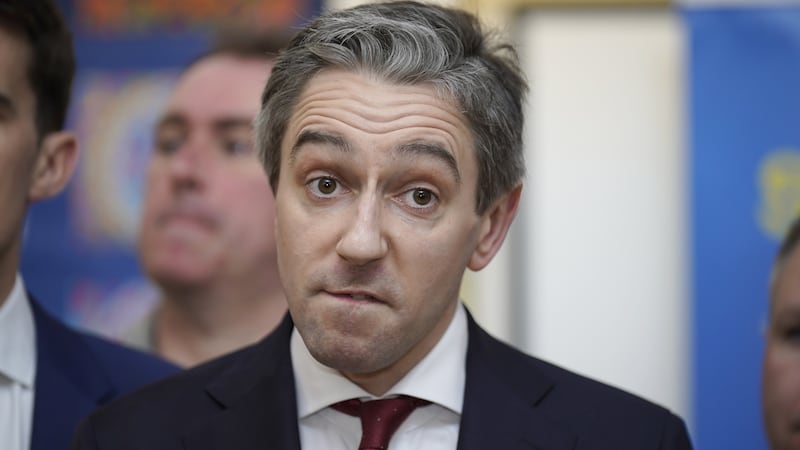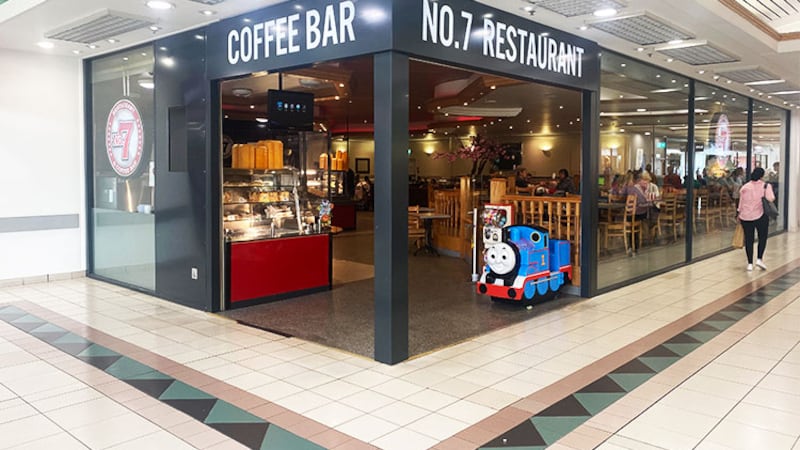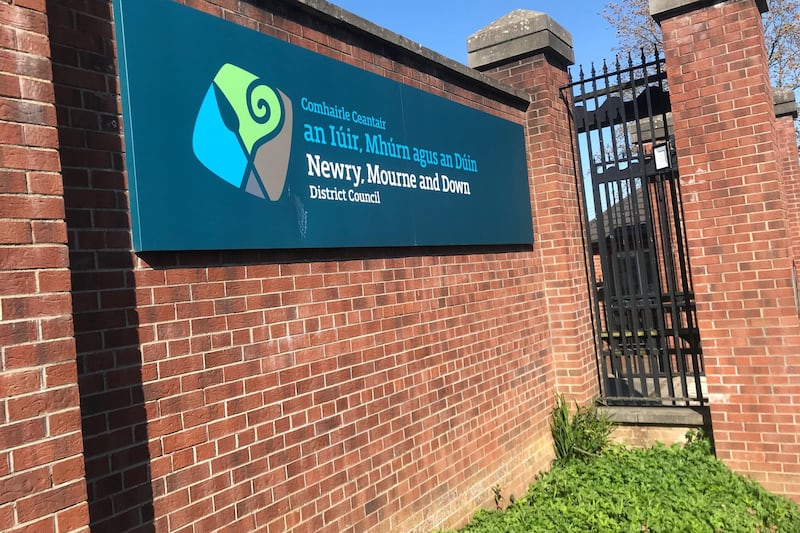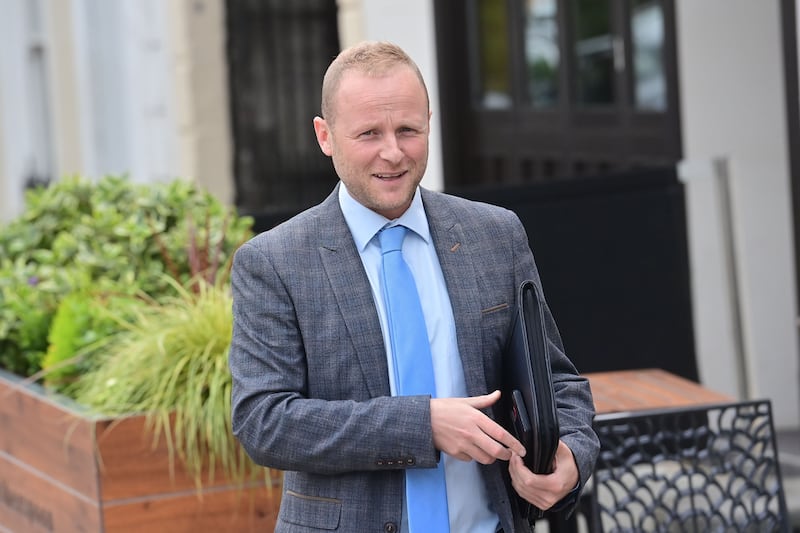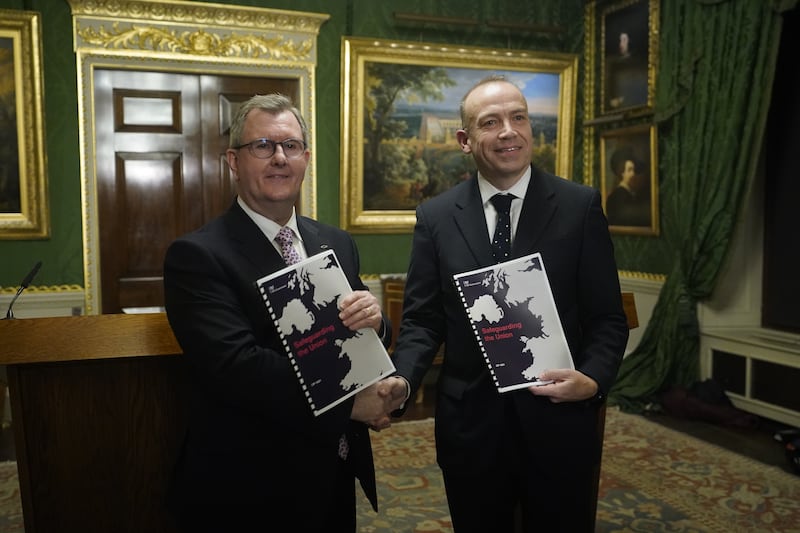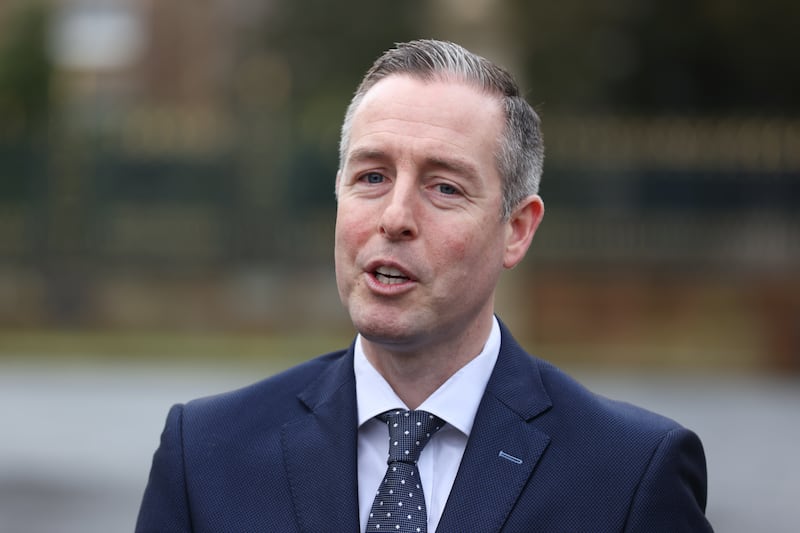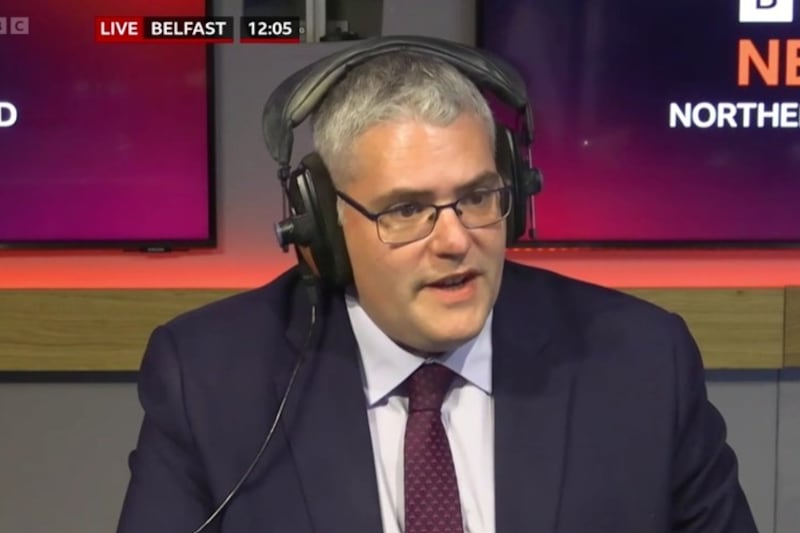THE MEDIA in Britain, unionism's spiritual homeland, have been making light of the DUP leadership race between Edwin Poots and Sir Jeffrey Donaldson. Those who'd likely be dismissed by self-styled grassroots unionists as being part of the liberal metropolitan elite, cast it as contest between a creationist who believes the Earth is just 6000 years old and a one-time aide to Enoch Powell, the former South Down MP once synonymous with racist rhetoric.
But to portray this leadership contest as a Hobson's choice between two political dinosaurs is a little crude and overlooks the nuances that exist in a party which while founded by a firebrand Free Presbyterian, draws its membership and support from a wider pool.
Both candidates have strong unionist credentials, whether it's the agriculture minister's conservative views on social matters or the Lagan Valley MP's UDR history. They were both vociferous opponents of the Good Friday Agreement, Mr Poots famously confronting loyalist paramilitaries in Lisburn Orange Hall, while Sir Jeffrey cut ties with the Ulster Unionists over his colleagues' support for the accord.
Yet both also have a post-St Andrews record of pragmatism and extensive engagement with nationalists and republicans. Mr Poots has worked in the executive with countless Sinn Féin ministers and his establishment of all-Ireland children's heart services was seen a groundbreaking for the health sector. These examples must be tempered by citing his long-held opposition to gay men giving blood and his recent remarks about the prevalence of coronavirus in nationalist areas.
Sir Jeffrey, who beyond his regular appearances on the broadcast media is much more low key than his leadership rival, tends to operate below the radar, often showing his face at Westminster but rarely going on the offensive in the aggressive style we've come to associate with unionist MPs. His skill appears to lie in backroom diplomacy rather than megaphone negotiation. Softly spoken and polite, the well-documented similarities to Daniel O'Donnell enable the party's Westminster leader to convey a certain plainness and likeability – again a trait not often mentioned when talking about DUP MPs.
If you put yourself momentarily in a DUP voter's shoes, both have appealing characteristics but are expected to take the party in very different directions. Mr Poots is seen as the hardliner, who'll return the party to its Christian roots and if necessary revive its penchant for protest. If his campaign to date is anything to go by, his top table will feature a disproportionate number of Free Presbyterian men, who have little appetite for an Irish language act or compromise with Sinn Féin. Yet even they can't be so blind as to think playing hard ball and being socially regressive will lead to electoral success and ultimately save the union, when every observer argues the opposite. Some have suggested Poots the hardliner will fight the leadership campaign, only for the pragmatist to emerge if he wins.
Sir Jeffrey, meanwhile, is arguably best placed among all the DUP's elected representatives to broaden the party's appeal beyond identity politics, a strategy that's often cited but rarely followed through. There are no past faux pas or street agitation that would make Sir Jeffrey unpalatable to soft nationalists who he'd hope can be convinced of the union's merits.
This election is being portrayed as a fork in the road for the DUP. To the right, is a route that takes the party back to basics but in all likelihood shrinks its appeal in a rapidly shifting social landscape. The other road potentially arrests the electoral slide predicted in recent opinion polls but may disillusion those who led the heave against Arlene Foster.
We'll get an idea of where the party is headed a week on Friday but it is expected to take the new leader a while longer to form the party in their image.
